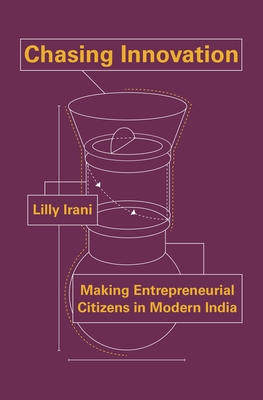Expedite your nonfiction book discovery process with Readara interviews, summaries and recommendations, Broaden your knowledge and gain insights from leading experts and scholars
In-depth, hour-long interviews with notable nonfiction authors, Gain new perspectives and ideas from the writer’s expertise and research, Valuable resource for readers and researchers
Optimize your book discovery process, Four-to eight-page summaries prepared by subject matter experts, Quickly review the book’s central messages and range of content
Books are handpicked covering a wide range of important categories and topics, Selected authors are subject experts, field professionals, or distinguished academics
Our editorial team includes books offering insights, unique views and researched-narratives in categories, Trade shows and book fairs, Book signings and in person author talks,Webinars and online events
Connect with editors and designers,Discover PR & marketing services providers, Source printers and related service providers

Chasing Innovation: Making Entrepreneurial Citizens in Modern India
Social Science > Anthropology - Cultural & Social
- Princeton University Press
- Paperback
- 9780691175140
- 9.2 X 6.1 X 1 inches
- 1.15 pounds
- Social Science > Anthropology - Cultural & Social
- (Single Author) Asian American
- English
Readara.com
Book Description
A vivid look at how India has developed the idea of entrepreneurial citizens as leaders mobilizing society and how people try to live that promise
Can entrepreneurs develop a nation, serve the poor, and pursue creative freedom, all while generating economic value? In Chasing Innovation, Lilly Irani shows the contradictions that arise as designers, engineers, and businesspeople frame development and governance as opportunities to innovate. Irani documents the rise of entrepreneurial citizenship in India over the past seventy years, demonstrating how a global ethos of development through design has come to shape state policy, economic investment, and the middle class in one of the world's fastest-growing nations.
Drawing on her own professional experience as a Silicon Valley designer and nearly a decade of fieldwork following a Delhi design studio, Irani vividly chronicles the practices and mindsets that hold up professional design as the answer to the challenges of a country of more than one billion people, most of whom are poor. While discussions of entrepreneurial citizenship promise that Indian children can grow up to lead a nation aspiring to uplift the poor, in reality, social, economic, and political structures constrain whose enterprise, which hopes, and which needs can be seen as worthy of investment. In the process, Irani warns, powerful investors, philanthropies, and companies exploit citizens' social relations, empathy, and political hope in the quest to generate economic value. Irani argues that the move to recast social change as innovation, with innovators as heroes, frames others--craftspeople, workers, and activists--as of lower value, or even dangers to entrepreneurial forms of development.
With meticulous historical context and compelling stories, Chasing Innovation lays bare how long-standing power hierarchies such as class, caste, language, and colonialism continue to shape opportunity in a world where good ideas supposedly rule all.
Author Bio
moreVideos
No Videos
Community reviews
No Community reviews

